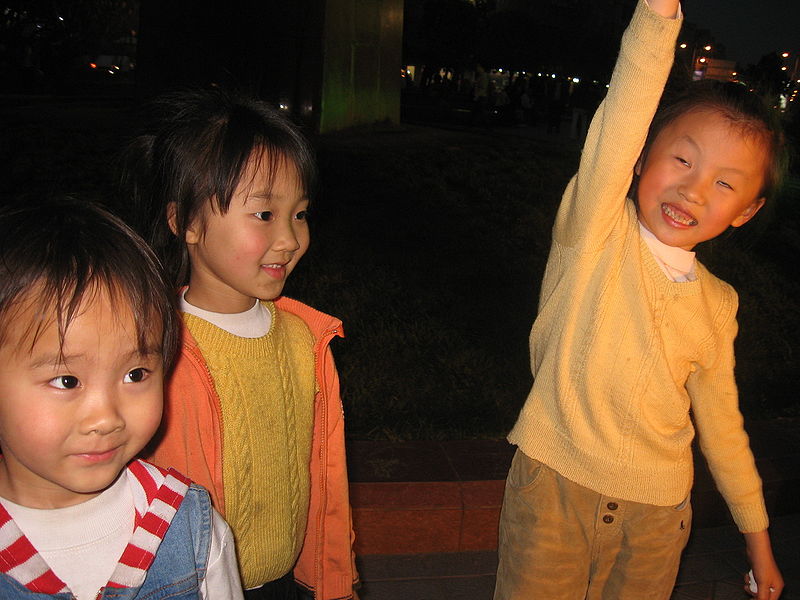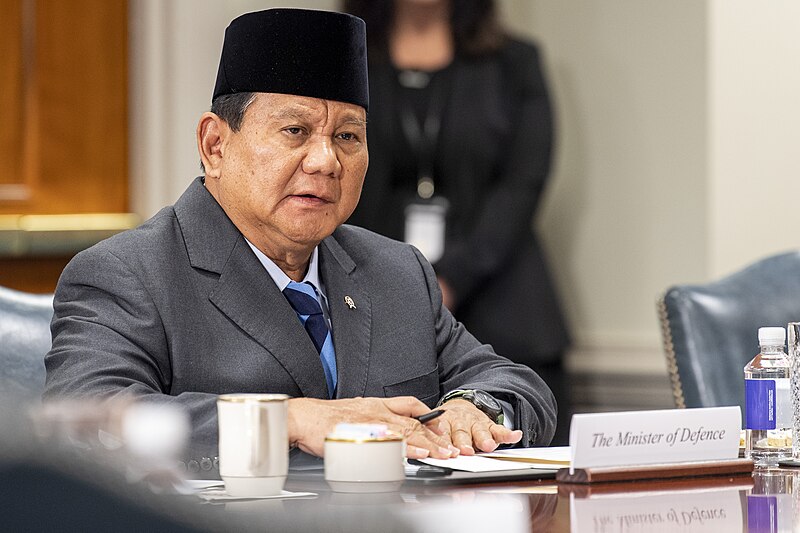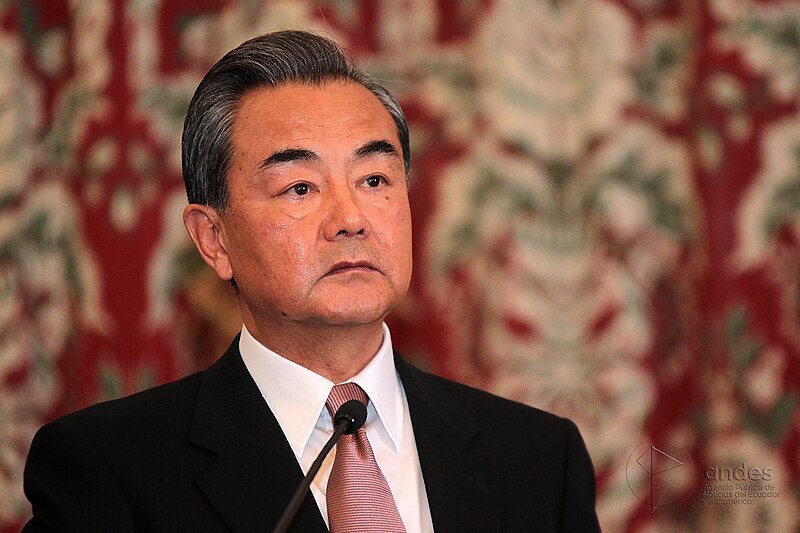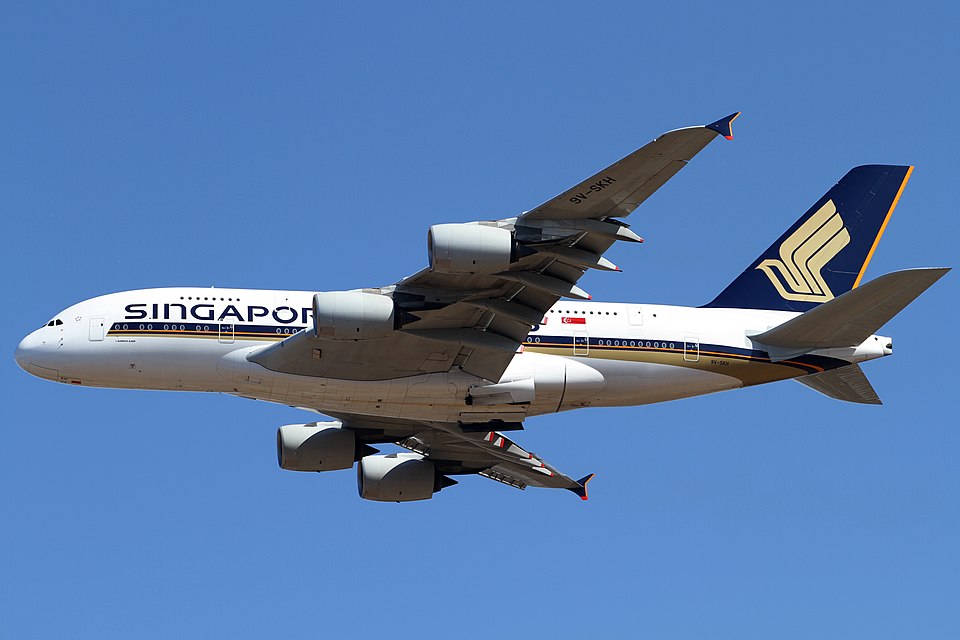
China has officially ended most foreign adoptions, marking the conclusion of a 30-year period during which tens of thousands of Chinese children were sent abroad,
largely due to the country's one-child policy. This decision, briefly announced by China's foreign ministry on Thursday, aligns with global trends and has left many families, particularly in the United States, uncertain about the future, according to a report from The New York Times.
“We are grateful for the desire and love of the governments and adoption families of relevant countries to adopt Chinese children,” said Mao Ning, a spokeswoman for China’s foreign ministry, in her statement. She clarified that under the new rules, only adoptions by foreigners of stepchildren or blood relatives would be permitted.
Since the early 1990s, over 160,000 Chinese children have been adopted by foreign families, making China one of the world’s largest sources of international adoptees. However, this practice has long been associated with allegations of corruption and is closely tied to China’s controversial one-child policy.
Under this policy, many families, unable to have more than one child, abandoned their children, overwhelming orphanages and creating a need for international adoption to help alleviate the strain.
“This marks the end of an era and closes one of the most troubling chapters in the history of China’s social engineering,” said Wang Feng, a sociology professor at the University of California, Irvine. He explained that the government allowed foreign adoptions to ease the financial burden brought on by its population control policies.
China now faces a shrinking population, with one of the world’s lowest birth rates. Though families are now permitted to have up to three children, the country has struggled to encourage higher birth rates.
According to Chinese officials, nearly all foreign adoptions in recent years involved children with disabilities, many of whom were girls or had special needs. These adoptions often had a profound emotional impact on adoptees raised in foreign countries with vastly different cultural backgrounds.
“This touches on deeply emotional and politically charged issues of citizenship, belonging, nationalism, and gender and racial politics,” said Zhou Yun, an assistant professor of sociology at the University of Michigan.
Foreign adoptions from China peaked in the mid-2000s but have since declined as the country's economy improved and domestic support for orphans increased. By 2018, only 15,000 children were registered for adoption, a significant drop from 44,000 in 2009. This decline is also seen by some as a sign of China’s growing national confidence.
“This decision may reflect the sentiment that ‘we no longer need to send our children abroad,’” commented Guo Wu, a professor of Chinese studies at Allegheny College.
Some activists welcomed the decision. Peter Moller, a Korean adoptee and co-founder of the Danish Korean Rights Group, expressed concerns over the potential for abuse and neglect in international adoptions, saying, “International adoption has been proven very problematic in both donor and recipient countries.”
China is not alone in halting foreign adoptions. Other countries, including Ethiopia, Russia, and Kazakhstan, have also ended international adoptions in recent years due to growing concerns over transparency and child welfare. Photo by see source, Wikimedia commons.


























